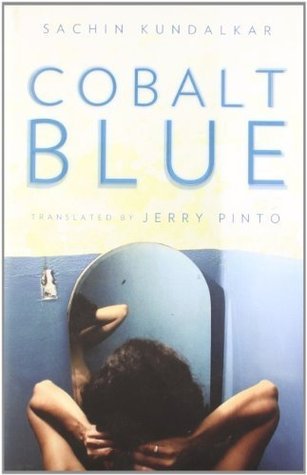What do you think?
Rate this book


224 pages, Hardcover
First published January 1, 2006
“You began what you described as your accomplished solitude from that day. This term—accomplished solitude—struck me deeply. And it slowly began to dawn on you that you did not need people around you when you were painting or reading, when you were watching a film with deep concentration, or when you sat down to eat, chewing every mouthful and savouring every flavour. You made loneliness easy on yourself.”
I took my clothes out of the cupboard and looked at myself in the mirror. I dropped my wet towel. That I was different was nowhere apparent.
I've only just understood what Maushi used to say to me. That we are a transitional generation and that gave us several advantages. We had been given the freedom to choose how we want to live and behave. We were lucky to have parents who felt blessed in having children and were willing to take all the responsibilities that came with it. And so our sense of freedom is only a rehearsal. The next generation will have to pay the price."